On March 8, 1971 a burglary took place in Media, PA. That wouldn’t be significant except for the target, the local FBI office, and the documents that were taken opened a can of worms that blew the lid off of the covert, and sometimes illegal, FBI program called COINTELPRO, an acronym for COunter INTELligence PROgram. The police and FBI, Hoover had over 200 agents on the case, were never able to find the perpetrators of the break-in. Now, 43 years later. with the statute of limitations expired, the burglars have some in from the cold.
They were never caught, and the stolen documents that they mailed anonymously to newspaper reporters were the first trickle of what would become a flood of revelations about extensive spying and dirty-tricks operations by the F.B.I. against dissident groups.
The burglary in Media, Pa., on March 8, 1971, is a historical echo today, as disclosures by the former National Security Agency contractor Edward J. Snowden have cast another unflattering light on government spying and opened a national debate about the proper limits of government surveillance. The burglars had, until now, maintained a vow of silence about their roles in the operation. They were content in knowing that their actions had dealt the first significant blow to an institution that had amassed enormous power and prestige during J. Edgar Hoover’s lengthy tenure as director.
“When you talked to people outside the movement about what the F.B.I. was doing, nobody wanted to believe it,” said one of the burglars, Keith Forsyth, who is finally going public about his involvement. “There was only one way to convince people that it was true, and that was to get it in their handwriting.”
Two weeks after the burglary, Washington Post reporter Betty Medsger ran the first story exposing the FBI’s blanket surveillance of the peace and civil rights movement, the tactics of disinformation and deception the bureau used to silence protesters.
But the document that would have the biggest impact on reining in the F.B.I.’s domestic spying activities was an internal routing slip, dated 1968, bearing a mysterious word: Cointelpro.
Neither the Media burglars nor the reporters who received the documents understood the meaning of the term, and it was not until several years later, when the NBC News reporter Carl Stern obtained more files from the F.B.I. under the Freedom of Information Act, that the contours of Cointelpro – shorthand for Counterintelligence Program – were revealed.
Since 1956, the F.B.I. had carried out an expansive campaign to spy on civil rights leaders, political organizers and suspected Communists, and had tried to sow distrust among protest groups. Among the grim litany of revelations was a blackmail letter F.B.I. agents had sent anonymously to the Rev. Dr. Martin Luther King Jr., threatening to expose his extramarital affairs if he did not commit suicide.
“It wasn’t just spying on Americans,” said Loch K. Johnson, a professor of public and international affairs at the University of Georgia who was an aide to Senator Frank Church, Democrat of Idaho. “The intent of Cointelpro was to destroy lives and ruin reputations.”
The eight burglars never met again as a group. When the statute of limitations had expired, the FBI closed the case. Ms. Medsger wrote that only one of the burglars was on the final list of suspects. Three of the burglars have decided to remain anonymous.
Democracy needs whistleblowers. That’s why I broke into the FBI in 1971
By Bonnie Raines
Like Snowden, we broke laws to reveal something that was more dangerous. We wanted to hold J Edgar Hoover accountable
I vividly remember the eureka moment. It was the night we broke into an FBI office in Media, Pennsylvania, in March 1971 and removed about 1,000 documents from the filing cabinets. We had a hunch that there would be incriminating material there, as the FBI under J Edgar Hoover was so bureaucratic that we thought every single thing that went on under him would be recorded. But we could not be sure, and until we found it, we were on tenterhooks. [..]
Looking back on what we did, there are obvious parallels with what Edward Snowden has done in releasing National Security Agency documents that show the NSA’s blanket surveillance of Americans. I think Snowden’s a legitimate whistleblower, and I guess we could be called whistleblowers as well. [..]
Democracy needs whistleblowers. Snowden was in a position to reveal things that nobody could dispute. He has performed a legitimate, necessary service. Unlike us, he revealed his own identity, and as a result, he’s sacrificed a lot. [..]
Nowadays, the country is divided once again, but I don’t see much concern about the abuses that are happening today, like the surveillance of mosques in America, using agent provocateurs. I hear people say, “I don’t care,” the government can do what it needs to do as long as it protects me from terrorism …” To me, that’s giving the authorities blanket permission to cross the line again.
Dissent and accountability are the lifeblood of democracy, yet people now think they just have to roll over in the name of “anti-terrorism”. Members of government thinks it can lie to us about it, and that they can lie to Congress. That concerns me for the future of my children and grandchildren, and that too makes me feel I can talk about, at my age, doing something as drastic as breaking-in to an FBI office in the search for truth.
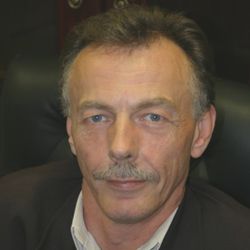


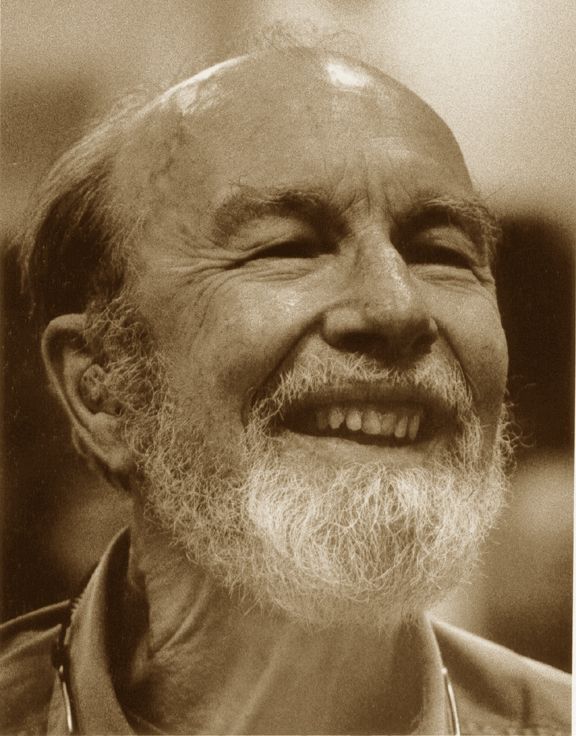
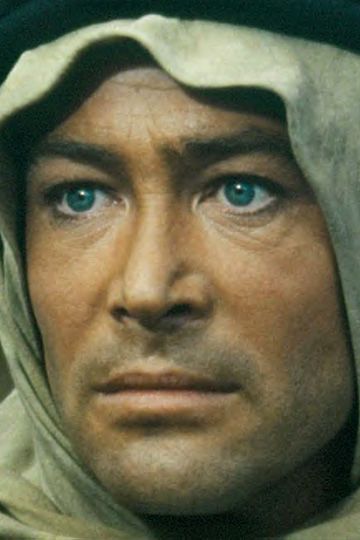 Peter Seamus Lorcan O’Toole, an Irish bookmaker’s son with a hell-raising streak whose magnetic performance in the 1962 epic film “Lawrence of Arabia” earned him overnight fame and put him on the road to becoming one of his generation’s most accomplished and charismatic actors, died on Saturday in London. He was 81.
Peter Seamus Lorcan O’Toole, an Irish bookmaker’s son with a hell-raising streak whose magnetic performance in the 1962 epic film “Lawrence of Arabia” earned him overnight fame and put him on the road to becoming one of his generation’s most accomplished and charismatic actors, died on Saturday in London. He was 81. 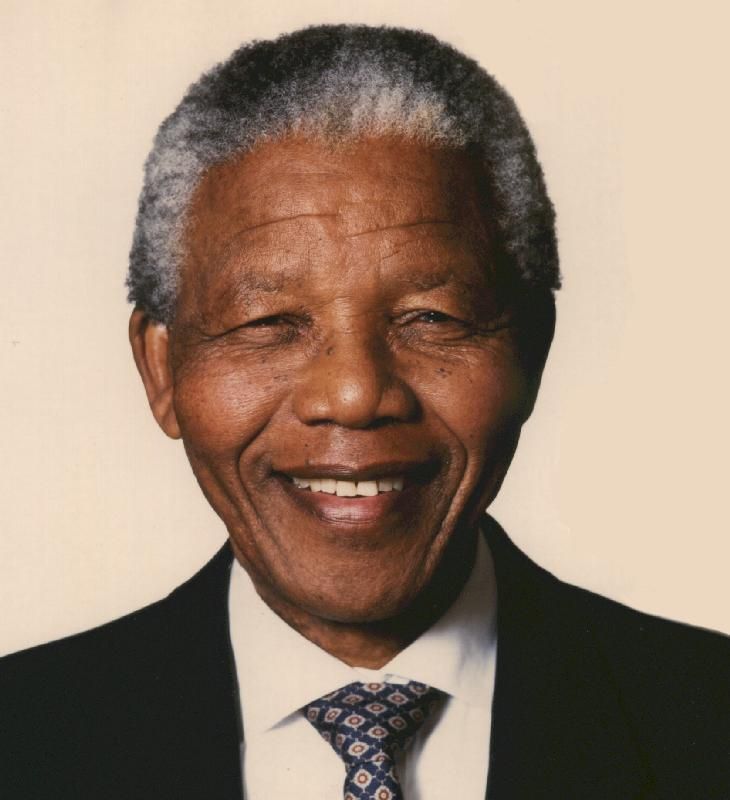
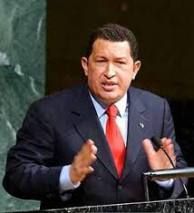 Popular Venezuelan President
Popular Venezuelan President